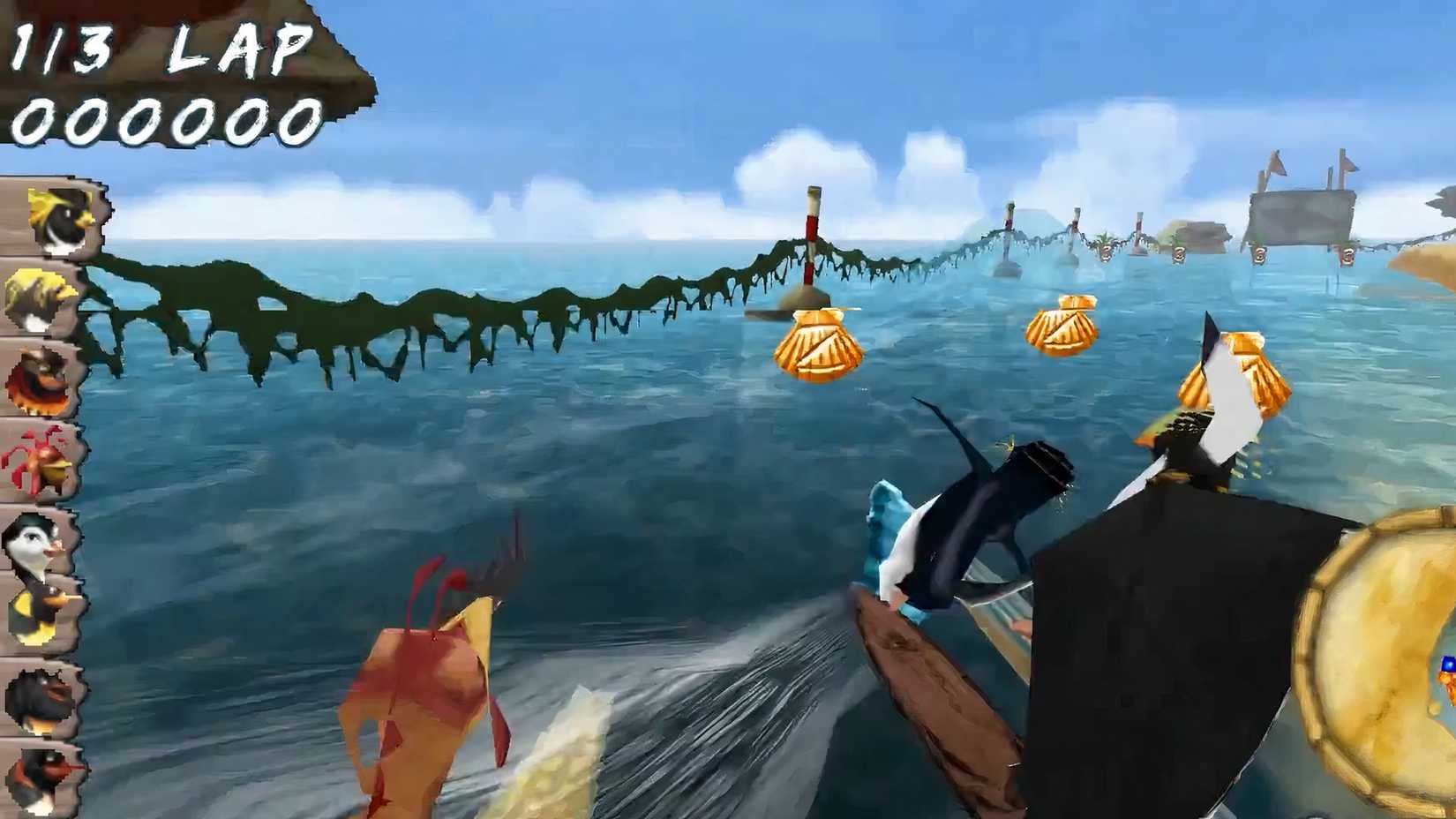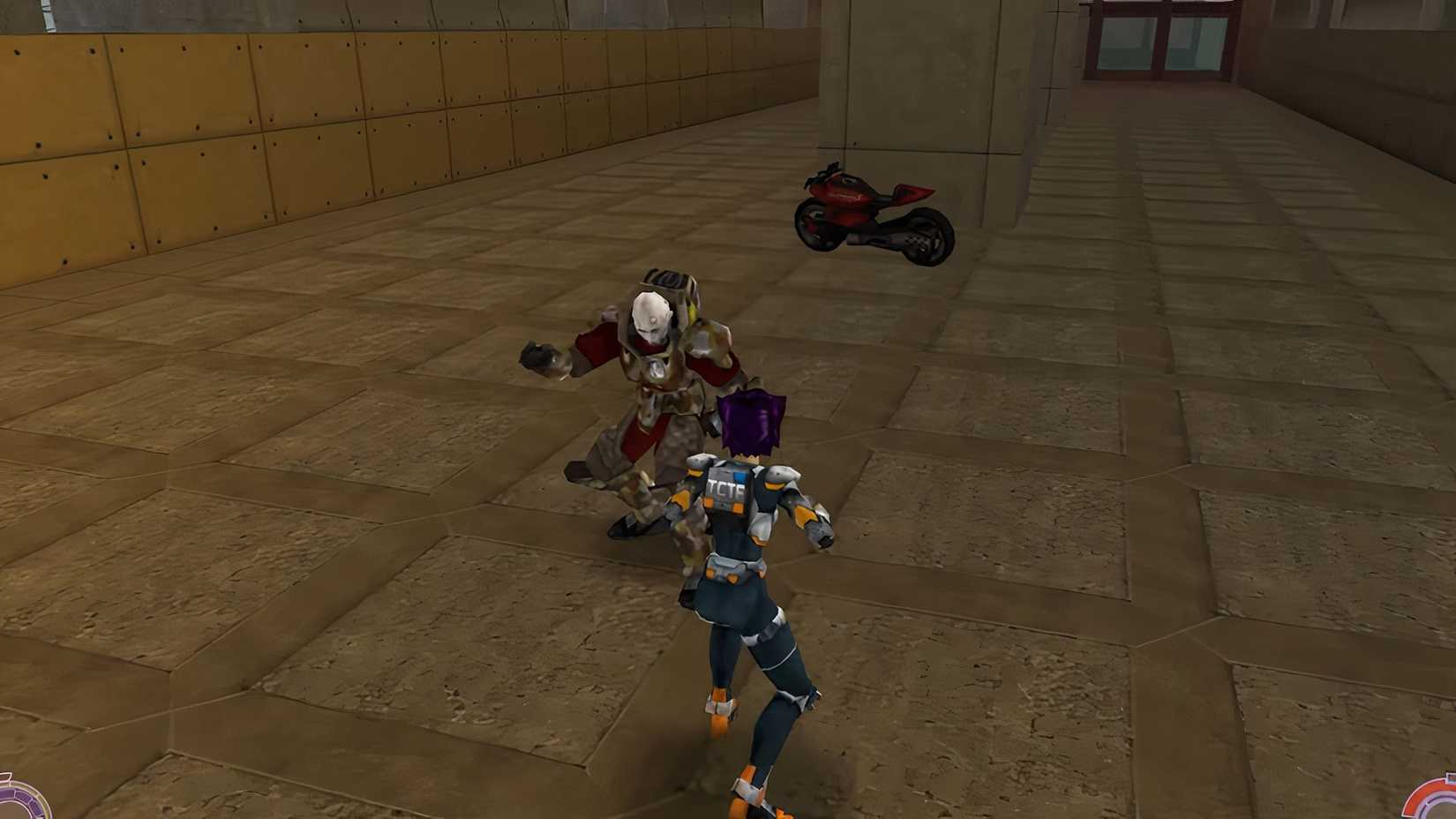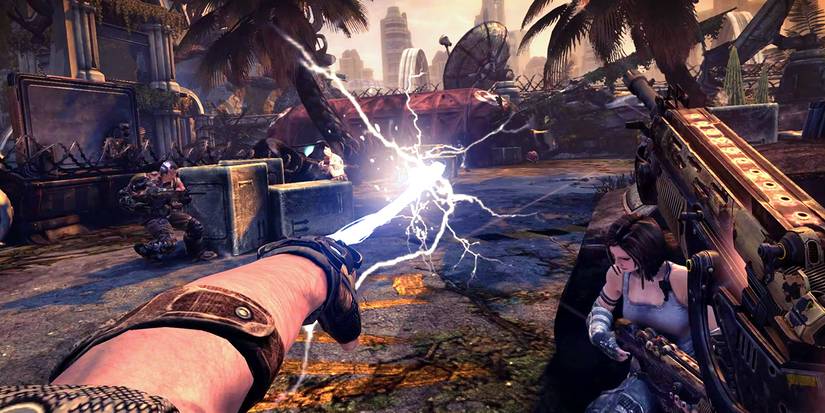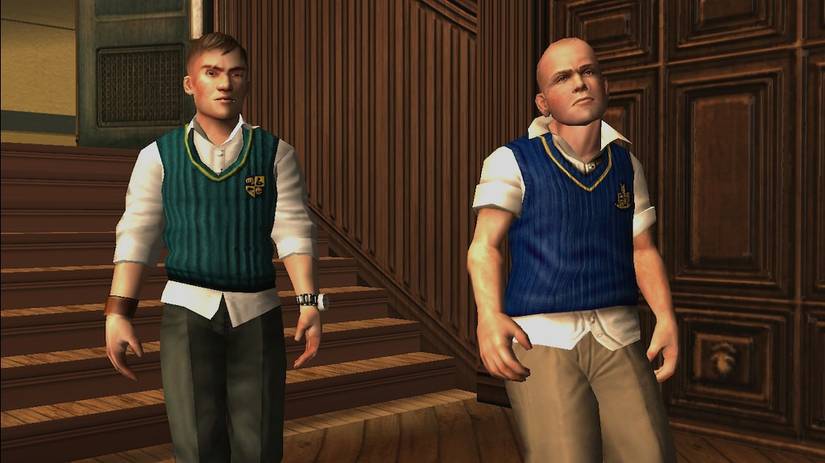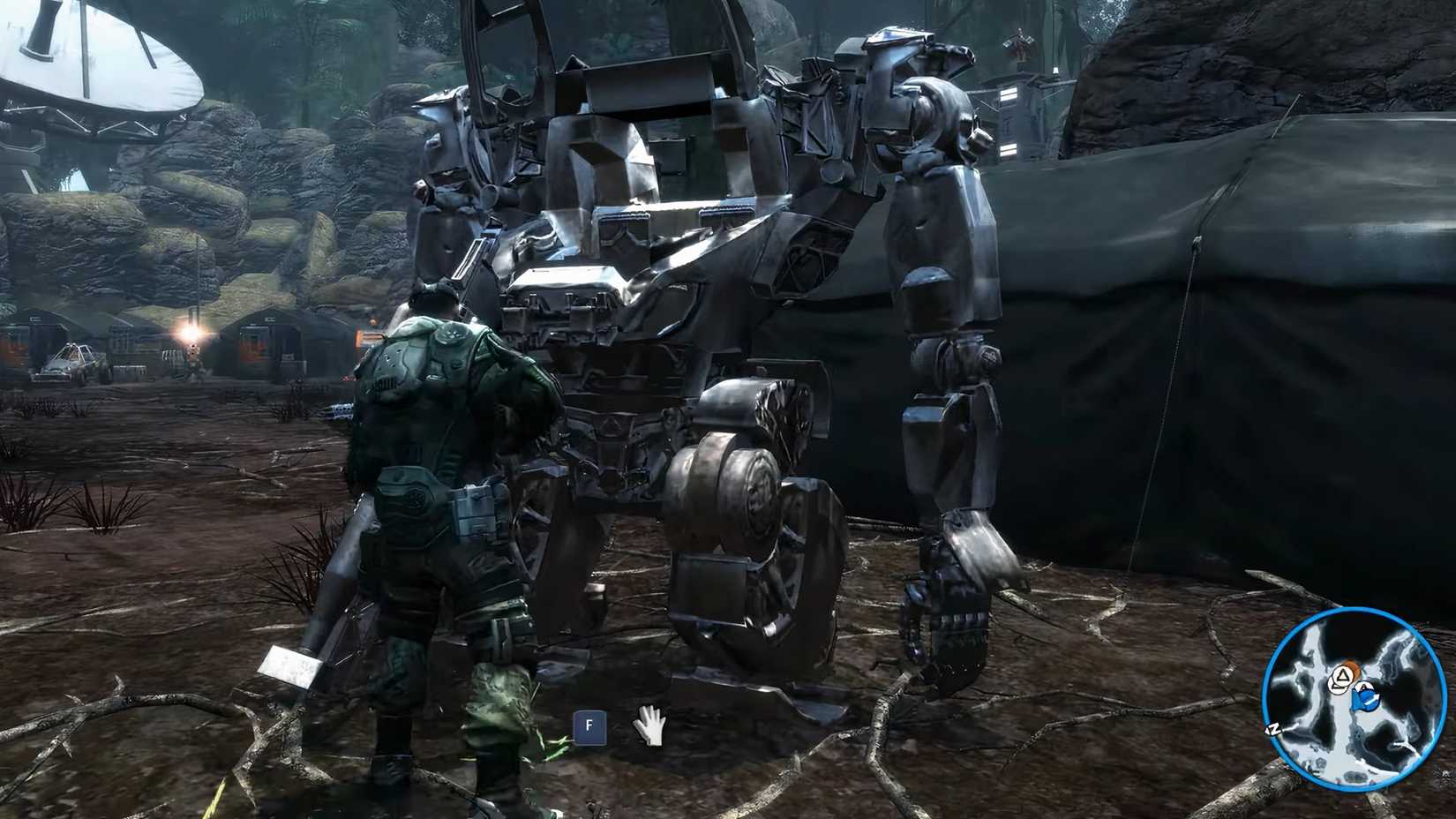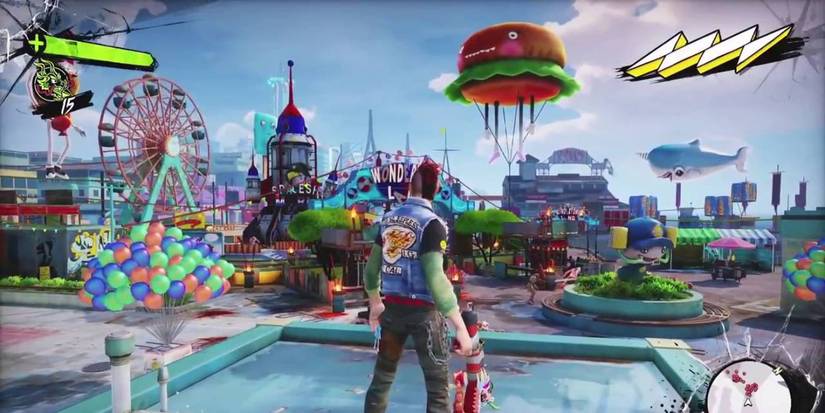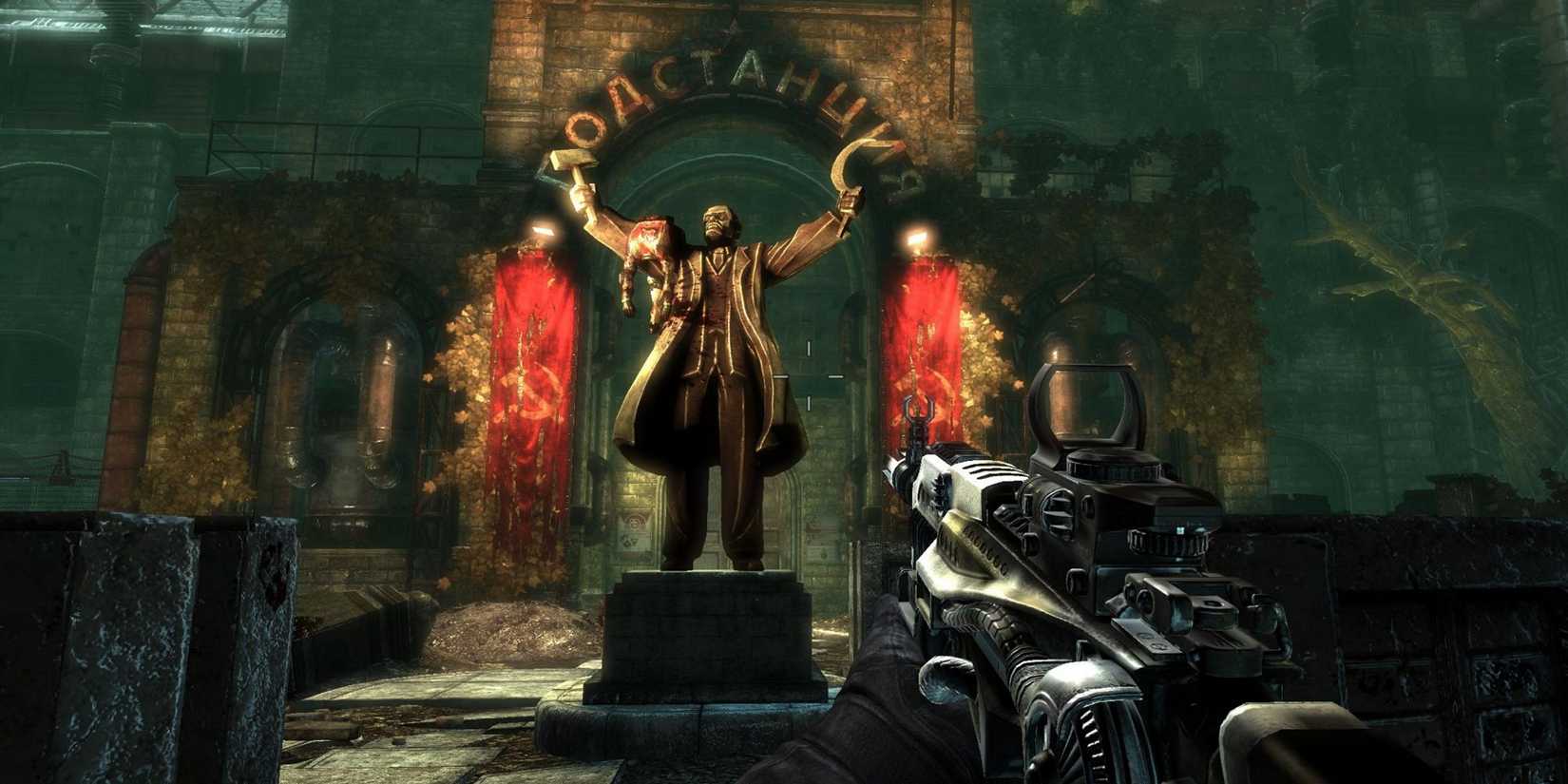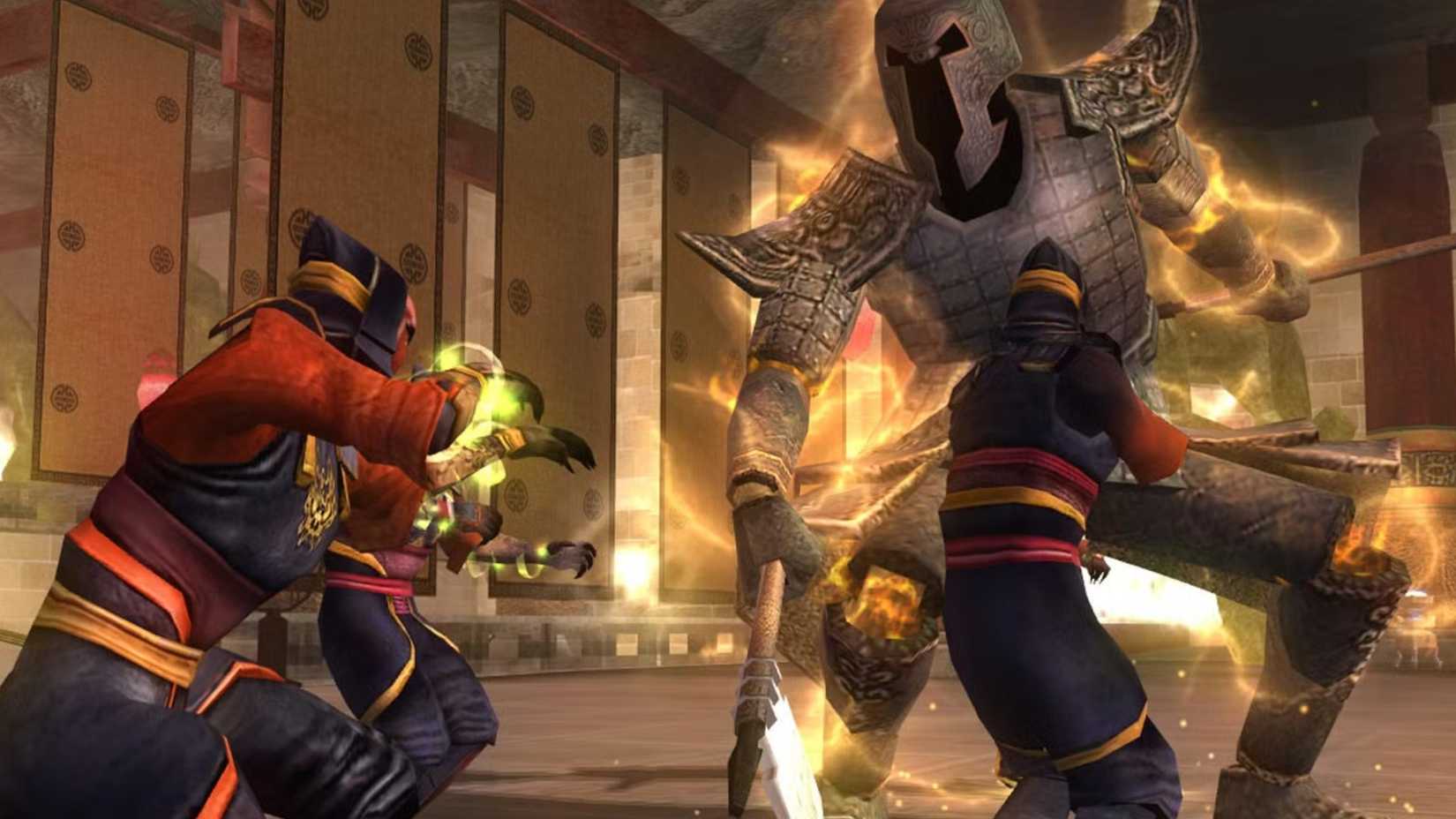Many gaming development studios today have a long, rich history of producing dozens of games that helped shape the gaming industry throughout the 20th and 21st centuries.
While these studios have changed over time and individual developers have often left studios to work at others, many can still be found today innovating gameplay and narrative presentation to develop some of the most popular and celebrated games of all time.
However, not every game created is released to the world as a financial or critical hit due to a myriad of reasons and circumstances, such as a bevy of glitches, uninteresting gameplay, or simply being eclipsed by more popular titles released around the same time.
Many of these games may have been financial bombs for studios and publishers, but a few of these black sheep titles still deserve to be tried out at least once for their underrated stories, surprisingly fun gameplay, or to just see what type of games popular developers today used to make.
8
Surf’s Up
A Shockingly Fun Mario Kart Clone
Ubisoft Quebec today is famous for developing some of the modern Assassin’s Creed games, such as Assassin’s Creed Odyssey and Assassin’s Creed Shadows, often alternating releases with Ubisoft Montreal’s AC games.
Before Quebec became known for releasing some of the best-selling open world games in recent history, they were originally known for developing ports of Tom Clancy titles as well as titles based on popular animated films of the early 2000s, such as 2007’s Surf’s Up.
While the main console versions of Surf’s Up focused on completing tricks on waves to earn high scores, the mobile version released on the Nintendo DS and PlayStation Portable was instead a complete clone of Mario Kart featuring power-up-filled races between penguins at Antartica and Pen-Gu Island.
This isn’t a bad thing, as Surf’s Up was a great Mario Kart clone featuring a wide variety of fun characters, unique boards, and chaotic tracks, and its multiplayer was arguably just as fun as playing Mario Kart DS with friends, thanks in large part to the way players can perform quick time event tricks to gain boosts and make races all the more competitive.
7
Oni
Bungie’s Forgotten 2001 Classic
Bungie is well renowned for arguably making Xbox a success with the creation of the Halo franchise and for creating the highly addictive Destiny series. But in 2001, Bungie made a game that got eclipsed by Halo: Combat Evolved: the third-person action anime thriller Oni.
This PC and PlayStation 2 exclusive follows Konoko, an agent of the Technological Crimes Task Force, as she’s sent out to thwart the criminal organization known as the Syndicate and slowly begins to learn more about her mysterious past.
While the story of Oni is somewhat generic, what makes it really special is its presentation and gameplay, with the game featuring numerous anime cutscenes that any 90s anime fan would love and smooth hand-to-hand combat reminiscent of scenes from The Matrix.
Plus, Oni features a soundtrack composed in part by Martin O’Donnell and Michael Salvatori that is just so different to their scores found in Halo and Destiny that players should play Oni to hear how unique it is compared to their more grandiose space-centric music.
6
Bulletstorm
Epic’s Failed FPS Franchise
Epic Games is one of the most successful gaming developers and publishers of all time, thanks in large part to its creation of the Unreal Engine, the Gears of War franchise, the PC Epic Games Store, and the global hit that is Fortnite. But before Epic develed into battle royale, it attempted to create a brand-new FPS franchise with 2011’s Bulletstorm.
Bulletstorm is similar to Gears of War in many ways, with both games featuring gruff, tough protagonists, an emphasis on brutal gunplay, and being set on fictional worlds, though Bulletstorm‘s characters and overall story are much more comical and less serious than Gears‘.
The game actively encourages players to take out enemies in unique, gory, or explosive ways with the more creative kills, such as freezing someone in the air with the instinct leash and kicking them into a giant cactus, granting players more points which could then be used to upgrade weapons.
Fans of Gears, Doom, Duke Nukem, and even Borderlands should give Bulletstorm a try as it’s a ton of fun and truly representative of how experimental and hilariously chaotic many games released on the seventh generation of consoles were.
5
Bully
GTA For Teens
Rockstar is well known for developing games that explore the rough, criminal sides of life seen through titles like Grand Theft Auto, Red Dead Redemption, and Max Payne, but in 2006, the developer strove to explore the troublesome side of adolescent life with Bully.
Much like several GTA games before it, Bully is a third-person game, but instead of going around stealing cars, committing heists, or fighting cops, Bully has Jimmy Hopkins beat up other teenagers, complete minigames in classes, and ride skateboards and bikes around town.
Even though Bully primarily revolves around a school setting, it still does feature a complex social system with its NPCs, one that’s arguably more complex than most GTA games, with Jimmy being able to positively or negatively interact with fellow students or teachers, such as giving people wedgies or taking pictures for the yearbook.
While Bully may not offer as much gameplay variety as other Rockstar games, it does feature a really engaging coming of age story with Jimmy struggling to survive in the hostile social environment of Bullworth Academy that every Rockstar fan should check out at least once.
4
James Cameron’s Avatar: The Game
One of the Best Movie Tie-In Games Ever Made
Similar to Ubisoft Quebec, Ubisoft Montreal is known today for developing some of the most popular AC games, such as Assassin’s Creed 2 and Assassin’s Creed Origins. But like its Quebec counterpart, Montreal developed a wider variety of games in the early 2000s, including tie-in games to feature films like James Cameron’s Avatar: The Game.
2009’s Avatar is well-known for being the highest grossing film of all time, but its tie-in game didn’t see similar financial or critical acclaim as it only sold about three million copies and received mixed to poor reviews, with many calling it an uninteresting third-person shooter.
However, I’d say most players were a bit too harsh on Avatar: The Game as it features a lot of fun gameplay mechanics, narrative twists, and is overall a unique prequel to the events of the film that delves more into the RDA’s invasion of Pandora.
In some ways, Avatar: The Game is a bit better than Avatar: Frontiers of Pandora as the 2009 title lets players play as both an RDA soldier and a Na’Vi avatar, allowing players to pilot AMP Suits, Scorpion Gunships, and Gator Patrol Boats, which cannot be used in Frontiers.
3
Sunset Overdrive
Insomniac Games’ Forgotten Xbox Exclusive
PlayStation Studios is home to many celebrated developers, such as Insomniac Games’ long-running Ratchet & Clank series and Marvel’s Spider-Man. But before Insomniac became tethered to Sony, it produced a fairly underrated open world game exclusively for the Xbox One with 2014’s Sunset Overdrive.
To me, Sunset Overdrive is the perfect blend of Jet Set Radio‘s movement and funky world design with the more comical-leaning zombie-filled world of Dead Rising, as most of the gameplay is centered around grinding on wires and ledges shooting monstrous mutants with makeshift firearms.
Sunset Overdrive follows a janitor turned reluctant hero as they strive to escape Sunset City after most of the city is turned into hulking, grotesque mutants by consuming the new, untested energy drink called OverCharge.
Simply put, Sunset Overdrive is a ton of fun, though its lackluster sales and Insomniac’s newfound priority in developing Marvel games have curtailed the possibility of Overdrive ever receiving a sequel anytime soon.
2
Singularity
Raven Software’s Last Original Game
Raven Software today is well known for being a support studio for Activision’s plethora of Call of Duty titles, but before Raven was doomed to that fate, it released one of the most underrated and creative FPS games released during the seventh console generation with 2010s Singularity.
Singularity is more of an action survival horror game that’s somewhat a mix of Half Life 2, BioShock, and Dead Space, though it does oddly enough share a lot of elements with Titanfall 2, especially in regard to time travel.
The entirety of Singularity takes place on a seemingly abandoned Soviet Union island called Katorga-12 and follows U.S. Recon Marine Nathaniel Renko as he inadvertently changes history and strives to fix the timeline all while fighting soldiers, mutant creatures, and being haunted by visions of the past timelines.
I’d argue Singularity‘s world and narrative are as good as Dead Space‘s or Half Life 2‘s but its gameplay is a lot of fun too, with the Time Manipulation Device gauntlet allowing Renko to pick up and hurl objects like the Gravity Gun and manipulate time on objects and enemies alike.
1
Jade Empire
BioWare’s Forgotten RPG
BioWare is famous for creating some of the most popular RPG franchises of all time, such as Mass Effect and Dragon Age. But before they began those series, BioWare created an RPG that had a ton of potential but never grew beyond the sixth generation of consoles: 2005’s Jade Empire.
Jade Empire is set in a world heavily inspired by Chinese history and mythology with elements of steampunk as magic-powered machines such as Flyers can be encountered alongside warriors still using swords and monsters such as Jade Golems and Toad Demons.
Much like Star Wars: Knights of the Old Republic, Jade Empire features a dual morality system that will impact players’ actions and dialogue. Unlike KOTOR, Jade Empire‘s combat is not round-based and instead allows the player to fight in real time with up to one companion.
Without getting too much into spoilers, Jade Empire‘s world and story are true hidden gems of the original Xbox era and anyone who’s a BioWare fan or a general RPG fan should try it out, as there’s really no other game quite like Jade Empire.



